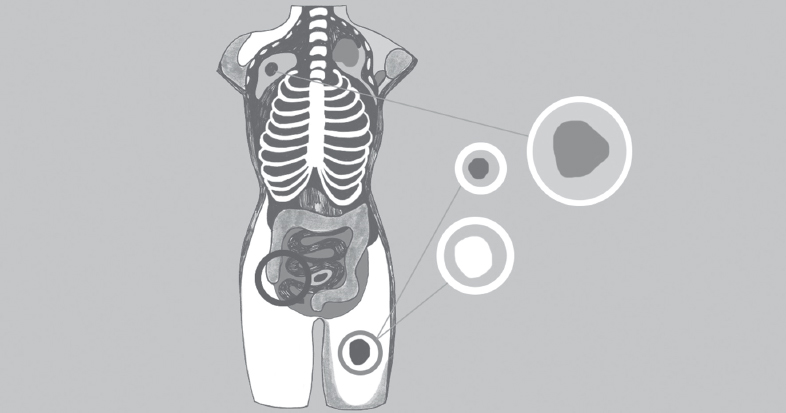


Tel Aviv-based digital health-care start-up Zebra has developed multiple algorithms to detect common conditions through AI analysis of medical scans.
With human radiologists already under pressure from growing demand, thousands of mammograms are misread each year because breast tissue can be extremely varied, and when combined with time constraints on already busy health-care professionals, this consistently adds stress to overstretched systems. Additionally, as the population continues to age, the burden on health-care provision and providers will also increase.
Israeli start-up Zebra aims to address this problem by using algorithms to detect medical conditions with AI analysis of medical scans. Users simply upload scan images to the Zebra website to receive their analysis. Currently, patients can upload two scans to Zebra for free. The company asks anyone interested in having more than two scans reviewed to contact the team.
At the moment, the service only supports analysis of CT scans. Future plans include developing the AI’s capabilities for handling other types of images.
Zebra’s algorithms are continually improving. The system combines an archive of millions of anonymized medical imaging scans with deep machine learning – an algorithmic technique that allows computers to analyse vast swathes of data and automatically detect patterns or features, make comparisons with new images and make predictions regarding certain conditions. So far, the AI is capable of recognizing conditions in bones, the heart, liver, lungs and breasts.
Zebra is led by entrepreneurs, health-care IT and medical imaging veterans, and works with partners in patient care to explore big data and its uses in medical imaging. The company sees its service as an essential solution to an increasingly difficult situation. Making the transition towards using AI analysis, where formerly health-care professionals were required, aims to alleviate some of the reliance on human input. However, they are careful to insist that the system is not designed to replace physicians altogether, but as an initial way of identifying medical abnormalities. Zebra also make it very clear that the absence of an abnormal result does not necessarily indicate good health, and that a trained physician should always be consulted regarding any medical concerns.
We are seeing innovations all over the world that aim to rethink, simplify and improve health-care practices. Using a smartphone, for example, patients can now test for anaemia without needing to draw blood: an app by University of Washington researchers uses a smartphone’s built-in camera to measure the colour of blood to check for the condition. Designed to help rural and remote communities, the HemaApp checks users’ levels of haemoglobin, which carries oxygen throughout the body. Different amounts of it in the blood indicate different conditions, including childhood malnutrition and anemia.
As mentioned earlier in this chapter, a research team has developed a method for 3D printing multiple doses of medicine in a single capsule. Technological advances and new ways of looking at the way we treat patients, analyse results and administer medicine are constantly improving health care, and will surely lead to solutions to the problems faced by struggling health-care providers across the globe.

__TAKEAWAYS

Website: profound.zebra-med.com
Contact: info@zebra-med.com
Company name: Zebra
Innovation name: Online medical scan analysis
Country: Israel
Industry: Health & wellbeing